Why shy away from prioritising culture?
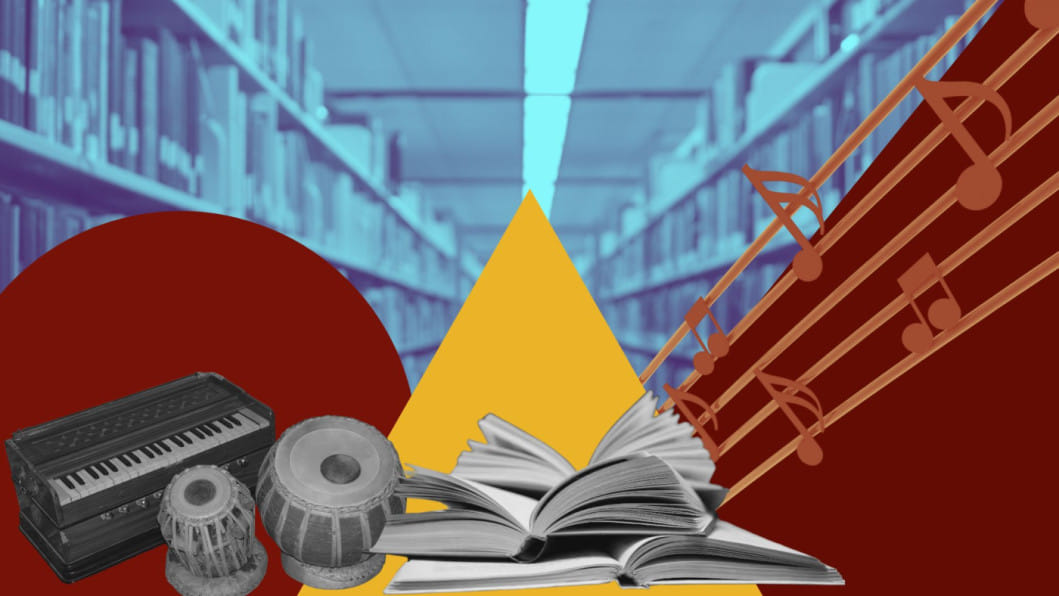
Fascism has deepened through the whirlpool of cultural politics, just as the role of culture in the 2024 mass uprising stirred the nation. Rhymes, songs, poems, and slogans moved people from all walks of life to resist fascist forces. Since 1969, intellectuals have consistently inspired uprisings. Though shadow power centres have crumbled, fascist ideologies remain intact. In pursuing true reform, new politics cannot ignore the practice of culture.
Anthropologist Edward Burnett Tylor defined culture as "that complex whole which includes knowledge, belief, art, law, morals, custom, and any other capabilities and habits acquired by man as a member of society." So, what happens when political leaders lack cultural awareness? A society devoid of culture becomes toxic.
Just as healthcare keeps the body well and politics energises society, culture gives life its rhythm and soul. Without it, life becomes stifling. Time and again, history shows that culture gives strength to a nation. From the Language Movement to the Liberation War, cultural practices have inspired Bangalees.
As Kazi Nazrul Islam wrote: "Bolo bir, bolo unnoto momo shir" (Speak, hero, say,/ My head is held high), with our heads held high, we achieved independence through a bloody war. The decline of religion-based politics and the rise of secular nationalism took root in the 1960s, catalysed by the 1969 mass uprising. Yet its promise was short-lived, lost to division and self-interest.
Since the 1990s, broken promises and a collapse in values have thrown political conduct into disarray. For idealistic politics to thrive, democracy must start within the party. Transparent leadership selection is essential. A party's internal structure signals what kind of governance it offers. In most parties, including the BNP, power remains concentrated in one leader. With such centralised control, democratic practices, accountability, and open debate are virtually absent. One can get a sense of the knowledge or the lack of it among our political parties, just from listening to their speeches.
Even the allocation for this sector is meagre. Each year, the police and administration receive more funds to uphold public order. But literature and culture, essential for mental discipline and values, are largely ignored. Culture teaches us to think, build a refined society, and tackle social problems like child marriage or sexual harassment. Yet the cultural budget remains under one percent.
However, most political leaders remain silent on this issue. Most parties lack any cultural agenda. A few poets and educators speak out, but their words go unheeded. I've listened to 24 or 25 speeches by BNP, National Citizen Party, and Jamaat in recent months—not one addressed cultural identity, libraries, or the value of reading. Elections, reforms, and constitutions dominated the conversation. Culture was barely mentioned, if at all. So what do we do when politicians continue to shun culture?
Sadly, there is also a lack of comprehensive data on cultural institutions. The National Information Portal lists every district's mosques, temples, schools, and madrasas—but not libraries or cultural clubs. We have data on farmland and NGOs, but none on cultural practice.
There are 71 government-run libraries in the country. In addition, 1,532 privately run libraries are officially registered. The Bangladesh Granthasuhṛid Samiti counts 1,376 private libraries. The Pathagar Andolon Bangladesh claims there are 2,500 in just 47 districts. Yet, no government body has a complete list.
The Department of Public Libraries under the Ministry of Cultural Affairs is responsible for the 71 government libraries. The Jatiya Grantha Kendra, also under the culture ministry, sponsors private libraries. According to the ministry, private libraries receive annual support—half in funds and half in books. In FY2021, 1,010 libraries received grants ranging from Tk 35,000 to Tk 56,000. The total budget was Tk 4.5 crore, which was 0.0008 percent of the national budget for F 21.
Whether holding a book or reading on a screen, people must continue to acquire knowledge. Audio counts too—what matters is being informed. For sustainable development, we need to develop a reading culture. To build a knowledgeable and empowered nation, we must invest in public and digital libraries. Serajul Islam Choudhury stresses that the state must support privately founded libraries, increase funding, train librarians, and encourage businesses to invest in this venture.
He observes, "Everyone says we are moving forward, but in which direction? We must remember that a large part of development is culture, and libraries are part of that culture. Libraries help people learn. Without mental well-being, development is unsustainable. And for that, books and libraries play a vital role."
Who then should take the initiative to build a knowledge-based society—the citizen, the political party, or the state?
Philosopher Hannah Arendt believed one of politics' key roles is to turn people into active citizens. Over the past fifty years, we've seen the opposite. Yet, I hold hope in the youth and look forward to the youth-led party NCP, which broke the family-based political tradition, to focus on knowledge, engaging with ideas, and practising their own cultural values. Politics, at its core, is about fighting the right battles at the right time, along the path of history.
Emran Mahfuz is a poet and convener of Abul Mansur Ahmad Smrity Parishad.
Views expressed in this article are the author's own.
Follow The Daily Star Opinion on Facebook for the latest opinions, commentaries and analyses by experts and professionals. To contribute your article or letter to The Daily Star Opinion, see our guidelines for submission.
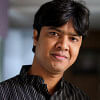
 For all latest news, follow The Daily Star's Google News channel.
For all latest news, follow The Daily Star's Google News channel. 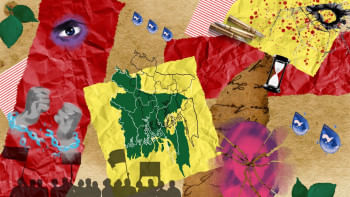



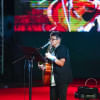

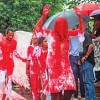
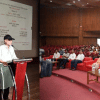
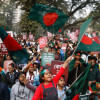


Comments